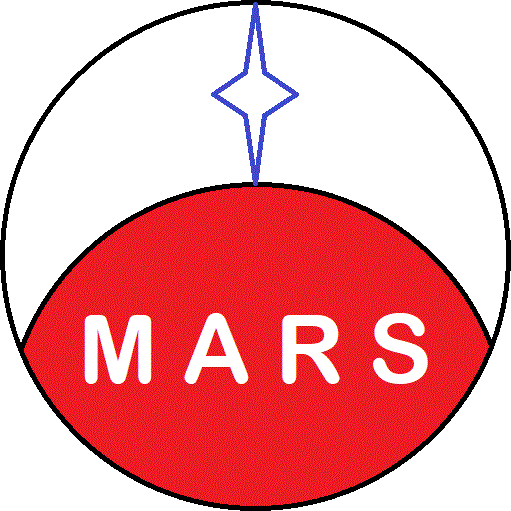
Theory Not Truth
Scientific knowledge is continuously being refined. New evidence can lead to modifications to the current theory of evolution or even an entirely new theory of evolution. So, what is true today might not be the whole picture tomorrow, but it’s the best explanation.
Science prioritizes explanations based on a strong foundation of evidence—repeated observations and experiments. The goal is to find the most comprehensive explanation for a phenomenon, even if it’s not perfect or absolute truth.
We can never truly know reality; only what our observations and interpretations tell us can we know it. The theory of evolution is a useful tool for making predictions, but it does not necessarily reflect an objective truth.
Overall, scientific truth is a complex concept. It’s about building the most reliable explanation of the natural world based on evidence, with the understanding that this explanation can evolve as new information comes to light.
Facts

Facts are typically more specific than theories. They are like building blocks that theories are built upon. For example, “the Earth orbits the Sun” is a specific observation. Given the observations at that time, it used to be a fact that the Sun orbited the Earth.
Scientific facts are held with a high degree of certainty, but it’s important to remember science is an ongoing process. New evidence could potentially revise some facts, although this is rare for well-established ones.
Facts should ideally be independent of any particular scientific theory. Regardless of the prevailing explanation, they should be verifiable through observation or experiment.
The Theory of Evolution and God
The theory of evolution does not play a role in proving the existence of God. Many scientists and philosophers argue that evolution and religion are separate domains of knowledge and inquiry and do not necessarily inform each other.
Evolution is a scientific theory that explains the diversity of life on Earth through natural processes such as mutation, selection, and genetic drift. It is supported by a vast amount of empirical evidence from fields such as biology, genetics, paleontology, and geology.
On the other hand, the existence of God or a higher power is a matter of religious belief and faith, which is not testable or falsifiable through scientific inquiry. Many religious traditions have their explanations for the origin and diversity of life, which may or may not be compatible with the theory of evolution.
Some arguments for the existence of God, such as the teleological argument or the argument from design, may attempt to use the complexity and order in the natural world as evidence for a creator or designer. However, these arguments are philosophical and theological and are not supported by scientific evidence.
In summary, the theory of evolution does not provide evidence for or against the existence of God, and the two domains of knowledge should be approached separately.
The Use of the Theory of Evolution

The theory of evolution provides a framework for understanding the natural world and has far-reaching implications for many fields of study.
Biology
Explaining the diversity of life on Earth
Understanding the adaptation and survival of species
Informing classification and taxonomy of organisms
Medicine
Developing treatments for diseases, such as antibiotics and vaccines
Understanding the evolution of diseases and pandemics
Informing public health policies and epidemiology
Agriculture
Improving crop yields and resistance to pests and diseases
Developing new crops and livestock breeds
Informing sustainable agriculture practices
Conservation
Understanding the impact of human activities on ecosystems
Developing strategies for preserving biodiversity
Informing environmental policies and conservation efforts
Science Education
Teaching the fundamental principles of biology and life sciences
Promoting critical thinking and scientific literacy
Encouraging curiosity and exploration of the natural world
Research and Technology
Informing the development of new technologies, such as genetic engineering and biotechnology
Understanding the evolution of complex systems and networks
Inspiring new areas of research, such as evolutionary psychology and evolutionary computation
The theory of evolution provides a framework for understanding the natural world that God created and has far-reaching implications for many fields of study.
